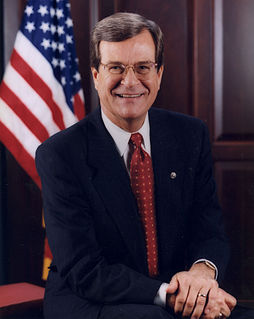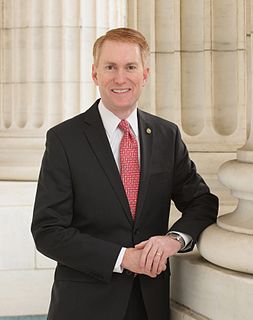A Quote by Trent Lott
The vision of a nation formed from many different peoples bound together by a common love of freedom was staked out long before our lifetimes or even our parents' or grandparents' lifetimes.
Related Quotes
The messages that DNA molecules contain are all but eternal when seen against the time scale of individual lifetimes. The lifetimes of DNA messages give or take a few mutations are measured in units ranging from millions of years to hundreds of millions of years; or, in other words, ranging from 10,000 individual lifetimes to a trillion individual lifetimes. Each individual organism should be seen as a temporary vehicle, in which DNA messages spend a tiny fraction of their geological lifetimes.
There are many ways to love someone. Sometimes we want love so much, we're not too choosy about who we love. Other times, we make love such a pure and noble thing, no poor human can ever meet our vision. But for the most part, love is a recognition, an opportunity to say, "There is something about you I cherish." It doesn't entail marriage, or even physical love. There's love of parents, love of city or nation, love of life, and love of people. All different, all love.
Let us turn our thoughts today to Martin Luther King and recognize that there are ties between us, all men and women living on the Earth. Ties of hope and love, sister and brotherhood, that we are bound together in our desire to see the world become a place in which our children can grow free and strong. We are bound together by the task that stands before us and the road that lies ahead. We are bound and we are bound.
An unlimited America was the vision for the nation set forth by our Founding Fathers. It is the vision enshrined in those two great charters of freedom: our Declaration of Independence and our Constitution. Many of America's most intractable problems stem from the fact that we have strayed from that vision - and lost direction.
I have told the story I was asked to tell. I have closed it, as so many stories close, with a joining of two people. What is one man's and one woman's love and desire, against the history of two worlds, the great revolutions of our lifetimes, the hope, the unending cruelty of our species? A little thing. But a key is a little thing, next to the door it opens. If you lose the key, the door may never be unlocked. It is in our bodies that we lose or begin our freedom, in our bodies that we accept or end our slavery. So I wrote this book for my friend, with whom I have lived and will die free.
Our common stock of words embodies all the distinctions men have found worth drawing, and the connexions they have found worth marketing, in the lifetimes of many generation; these surely are likely to be more numerous, more sound, since they have stood up to the long test of thee survival of the fittest, and more subtle, at least in all ordinary and reasonably practical matters, than any that you or I are likely to think up in our arm-chairs of an afternoon-the most favoured alternative method.
We, the People, recognize that we have responsibilities as well as rights; that our destinies are bound together; that a freedom which only asks what's in it for me, a freedom without a commitment to others, a freedom without love or charity or duty or patriotism, is unworthy of our founding ideals, and those who died in their defense.


































